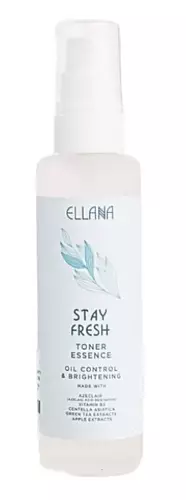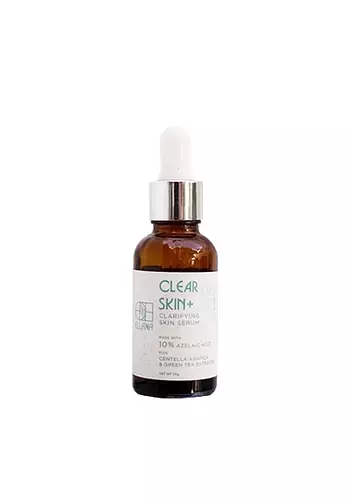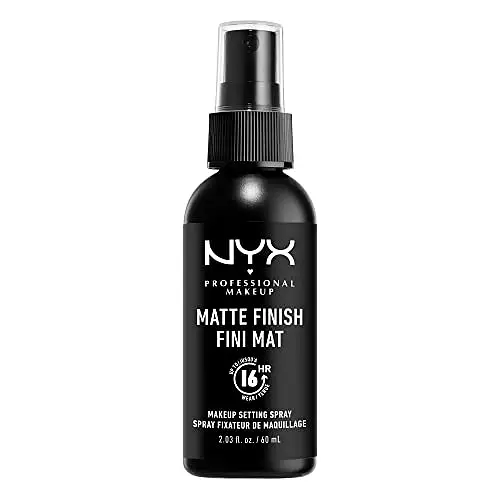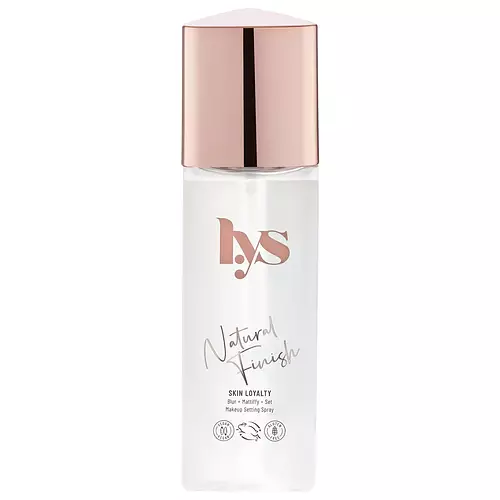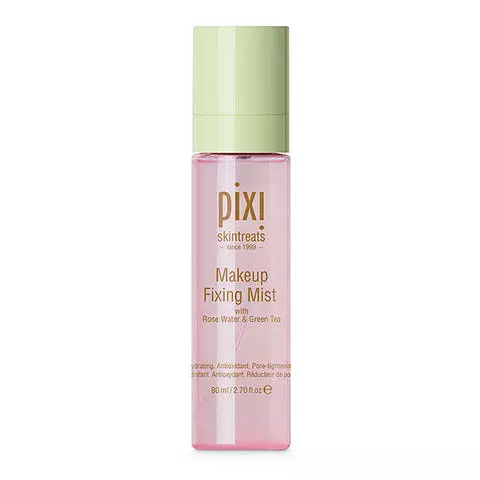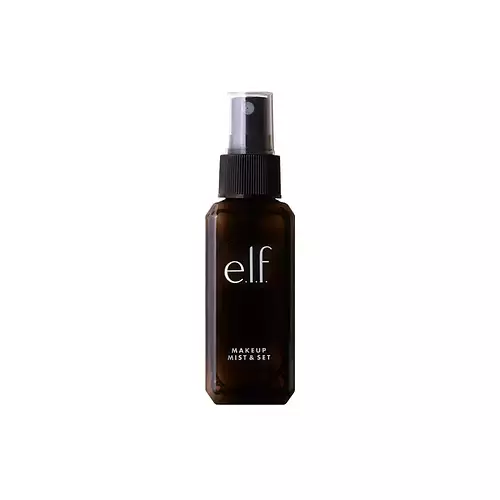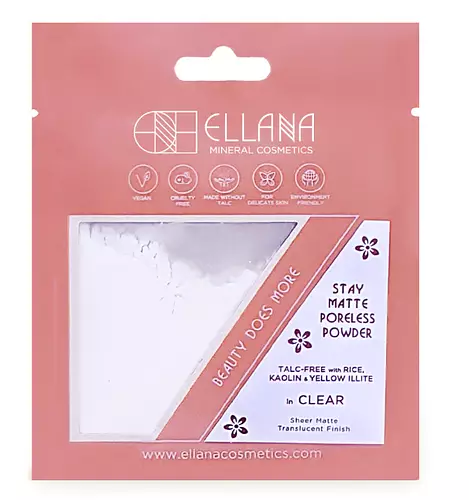
Ellana Mineral Cosmetics Stay Matte Poreless Oil Control Powder Ingredients Explained
Updated on December 14, 2023 Submitted by Reinawashere
Overview
What it is
Setting spray & powder with 9 ingredients that contains exfoliants and PHA
Cool Features
It is vegan, cruelty-free, fungal acne (malassezia) safe, and reef safe
Suited For
It has ingredients that are good for fighting acne, anti aging, oily skin and better texture
Free From
It doesn't contain any harsh alcohols, common allergens, oils, parabens or sulfates
Fun facts
Ellana Mineral Cosmetics is from Philippines. This product is used in 2 routines created by our community.
We independently verify ingredients and our claims are backed by peer-reviewed research. Does this product need an update? Let us know.
Setting spray & powder with 9 ingredients that contains exfoliants and PHA
Quick info
You should know
Notable Ingredients
This product contains 1 ingredient that may have this attribute:
Benefits
This product contains 1 ingredient that may have this attribute:
This product contains 1 ingredient that may have this attribute:
This product contains 1 ingredient that may have this attribute:
This product contains 1 ingredient that may have this attribute:
Ingredients 9
Oryza Sativa Starch is an absorbent and used to mattify the skin. It is a natural carbohydrate and the main component of rice. A more common name for this ingredient is 'rice starch'.
Kaolin is a clay. It is used for oil control and to help minimize pores. Like other clays, kaolin has the ability to absorb excess sebum or oil. This can help clean out pores and mattify the skin.
Polymethylsilsesquioxane is a silicone used as a film forming agent.
Gluconolactone is a PHA. PHAs are a great gentle alternative to traditional AHAs.
Sodium Benzoate is a preservative. It's used in both cosmetic and food products to inhibit the growth of mold and bacteria. It is typically produced synthetically.
Ingredient Ratings
Based on the number of likes and dislikes each ingredient has received.
Ingredients Explained
We don't have a description for Aluminum Starch Octenylsuccinate.
Oryza Sativa Starch is an absorbent and used to mattify the skin. It is a natural carbohydrate and the main component of rice. A more common name for this ingredient is 'rice starch'.
Rice starch is created by steeping broken grains in a caustic soda.
Rice extract has many skin benefits. Read more about rice extract here.
Learn more about Oryza Sativa StarchIllite is an exfoliant.
Kaolin is a clay. It is used for oil control and to help minimize pores. Like other clays, kaolin has the ability to absorb excess sebum or oil. This can help clean out pores and mattify the skin.
Some types of kaolin may have exfoliating properties. When water is added to kaolin, it becomes a paste with small abrasive particles.
Most kaolin is a white color, but may be pink/orange/red depending on where it comes from.
The name 'kaolin' comes from a Chinese village named 'Gaoling'. Kaolin clay comes from rocks rich in kaolinite. Kaolinite, the mineral, has a silicate layered structure. Kaolinite is formed from chemical weathering of aluminum siilicate minerals.
Besides skincare, kaolin is commonly used to make glossy paper, in ceramics, toothpaste, and as medicine to soothe stomach issues.
Learn more about KaolinPolymethylsilsesquioxane is a silicone used as a film forming agent.
When applied to the skin, this ingredient creates an invisible film on the surface. This film still allows oxygen to pass through, but prevents moisture from escaping. This can help condition and hydrate the skin. It also leaves a silky feel when applied.
Polymethylsilsesquioxane has not been shown to clog pores. It has been deemed safe to use up to 55%, but most cosmetics use much less.
If you have concerns about using this ingredient, we recommend speaking with a professional.
Learn more about PolymethylsilsesquioxaneGluconolactone is a PHA. PHAs are a great gentle alternative to traditional AHAs.
When applied, Gluconolactone has the same affect on skin as AHAs such as lactic acid. It helps dissolve the dead skin cells in the top layer of your skin. This improves texture and brightens the skin.
PHAs are more gentle than AHAs due to their larger structure. They do not penetrate as deeply as AHAs and take a longer time to dissolve dead cells. Studies show PHAs do not cause as much irritation.
Gluconolactone has some interesting properties:
In a 2004 study, Gluconolactone was found to prevent UV damage in mouse skin cells. Gluconolactone has not been found to increase sun sensivity. However, we still recommend wearing SPF daily.
This ingredient is is an created by reacting gluconic acid with an alcohol.
Learn more about GluconolactoneLactoscatone is a fragrance.
Sodium Benzoate is a preservative. It's used in both cosmetic and food products to inhibit the growth of mold and bacteria. It is typically produced synthetically.
Both the US FDA and EU Health Committee have approved the use of sodium benzoate. In the US, levels of 0.1% (of the total product) are allowed.
Sodium benzoate works as a preservative by inhibiting the growth of bacteria inside of cells. It prevents the cell from fermenting a type of sugar using an enzyme called phosphofructokinase.
Sodium Benzoate is the salt of benzoic acid. Foods containing sodium benzoate include soda, salad dressings, condiments, fruit juices, wines, and snack foods.
Studies for using ascorbic acid and sodium benzoate in cosmetics are lacking, especially in skincare routines with multiple steps.
We always recommend speaking with a professional, such as a dermatologist, if you have any concerns.
Learn more about Sodium BenzoateWe don't have a description for Calcium Gluconate.
When to use
How this product is used by our community
Directions
As a Setting Powder
1. Apply on top of foundation and concealer, before moving on to color cosmetics steps OR apply on top of cream products to set.
2. Use two taps MAXIMUM of the setting powder...
As a Setting Powder
1. Apply on top of foundation and concealer, before moving on to color cosmetics steps OR apply on top of cream products to set.
2. Use two taps MAXIMUM of the setting powder out of the sifter cap.
3. Buff gently into skin with a fluffy powder brush.
4. Set with makeup setting spray if needed.
As a Powder Primer/Standalone Powder Base
1. Apply on top of skincare as a protective barrier before applying makeup.
2. Use two taps MAXIMUM of the setting powder out of the sifter cap.
3. Buff gently into skin with a fluffy powder brush.
As a Oil Control Retouch
1. Use only one tap maximum for this.
2. With a slightly denser powder brush, tap onto “shiny” areas and buff out slightly.
Compared With
Here are some products that it's often compared with
More Ellana Mineral Cosmetics Products
See all Ellana Mineral Cosmetics productsMore Setting Spray & Powders
See all setting spray & powdersWe're dedicated to providing you with the most up-to-date and science-backed ingredient info out there.
The data we've presented on this page has been verified by a member of the SkinSort Team.
Read more about us


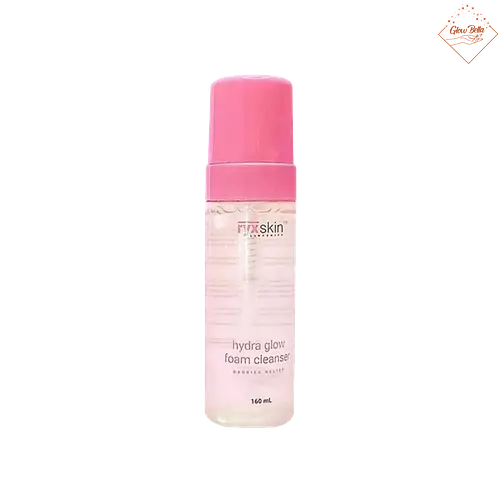
.jpg)
